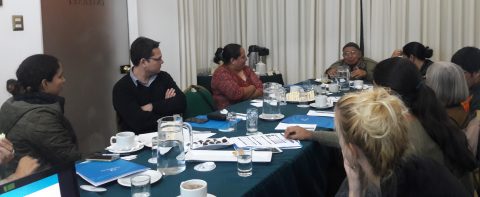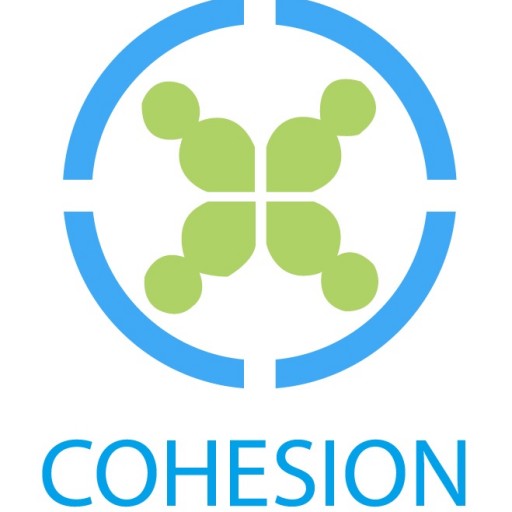On the 15th of June 2017 the Peruvian team had their second Advisory Board meeting of the year. This meeting included the COHESION team in Peru and Advisory Board members Jeanine Anderson, Peter Busse, Cesar Náquira, Flor Calderon and Luz M. Moyano.
 Maria Amalia Pesantes and Maria Kathia Cardenas presented preliminary results related to the qualitative study of “Local perceptions in the community” and to the “Health System Assessment”. Silvana Pérez León presented the process of co-creation the COHESION team will be developing in the following months.
Maria Amalia Pesantes and Maria Kathia Cardenas presented preliminary results related to the qualitative study of “Local perceptions in the community” and to the “Health System Assessment”. Silvana Pérez León presented the process of co-creation the COHESION team will be developing in the following months.
As a result, the Peru Advisory Board suggested:
- A possible intervention would be training health workers in the diagnostic of neurocysticercosis by secondary methods, for example through interviews, clinical history, or other practices.
- To consider the different type of religions in the community as important for further interventions.
- The school would be a suitable place to teach about sanitation. Changing attitudes in people’s lives takes time and starting with the children is a good option to see changes in the future.
- It is important to know who the community are leaders. Work with a leader of the community that has legitimacy and that is effective in providing messages to the community
- Some possible interventions could be providing education on the diseases of the project through game platforms for the children.
- Good interventions for these localities would be related to education in sanitation, because working with children would be a better approach than working with adults.
- To think the interventions in terms of the prevention of the diseases in addition to the damage of the diseases.
- It is crucial to provide information of the diseases to the communities during the co-creation process.
- It is important to try to change habits, to give the opportunity for the community to react in response of some of the information that will be provided by us, that they would like to change.
Finally, several of the members agreed that the co-creation process should be framed carefully, so the interventions proposed by the community would not generate expectations of interventions that are not possible for the COHESION project.
